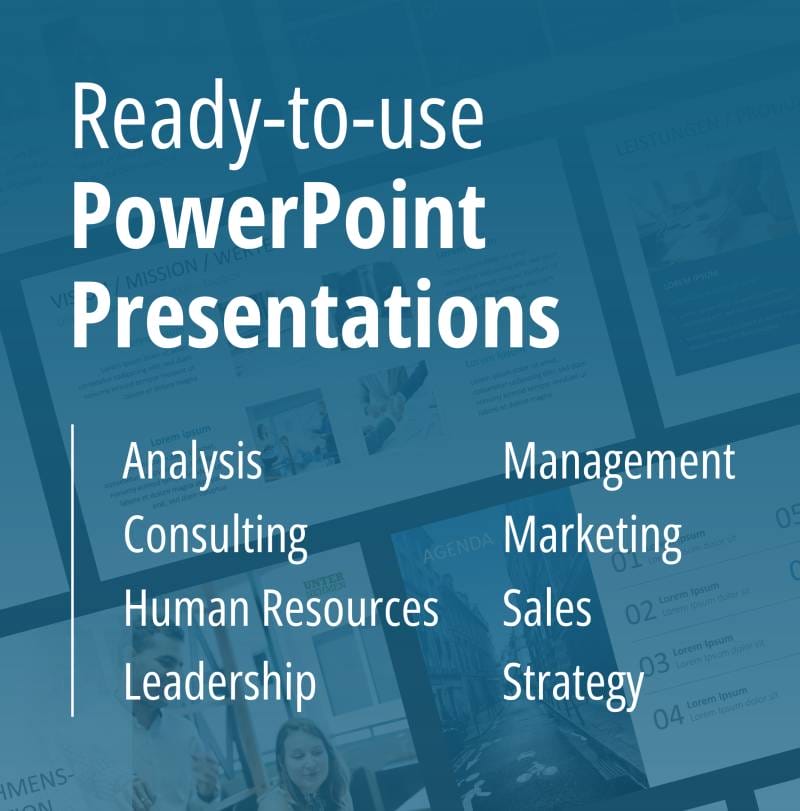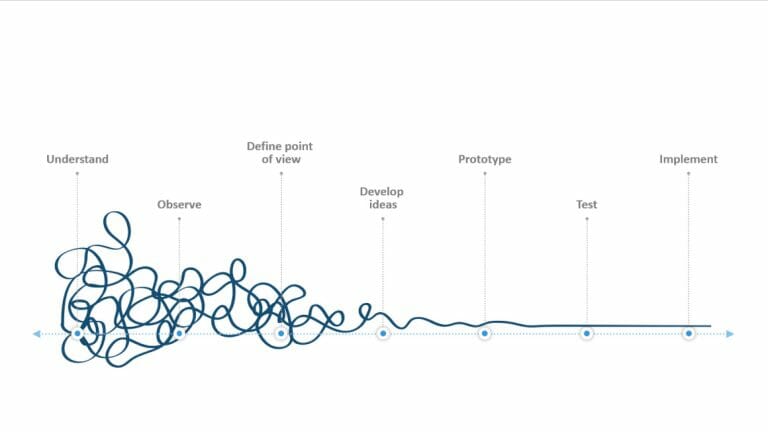
The Big-Fish-Little-Pond-Effect
There are two ways to earn more attention for a presentation: One option is to hold a brilliant and motivating speech. This, of course, is the arduous way. The other option is to present right after a disastrous speaker so that you will seem extraordinary in comparison.
Admittedly, knowing you have a rather weak speaker presenting before you is not easily planned. Furthermore, a speaker hardly gets the opportunity to choose his time slot when presenting at an event or convention. However, if you do have some wiggle room, then choose to present after a really boring topic. Not only because your audience will be very thankful for this wake-up call. But you will also profit from the so called “big-fish-little-pond-effect”.
What Is the Big-Fish-Little-Pond-Effect?
Picture a little tiny pond: if a big fish swims in it, it will be more noticeable here than if it were swimming in the ocean. If also surrounded by tiny fishes, the big one will seem even more remarkable.
This effect can be of great help in your day-to-day business.
Example School: If a kid is put in a class with only intellectually gifted peers, it will probably be under a lot of pressure and stress. The Psychology Professor Ralf Schwarzer confirms this in a ZEIT-article: “viewed form a psychological angle, classes with only gifted children pose a big burden for these children”. The kids in such a class cannot “shine in the light of the normally gifted”.
Interestingly, if the gifted are in a class with normally gifted peers, they will develop a higher learning motivation. This is due to the fact that their talent gets more attention – spurring their ambition to be even better yet. That is why some education experts in Germany discourage parents to send their kids to the German Gymnasium “no matter what”. Especially those kids who have low self-esteem are better off in a normal mixed school.
This effect can be observed as well in work life: The US-Bestselling Author Malcolm Gladwell for instance just wrote a book called “David and Goliath”, in which he advises young professionals not to study at Ivy-League Universities. Likewise, a top company should not be the only address your resume should be sent to. Because as a young professional entering the work force, you will hardly stand out in the crowd of top-talents.
It is much smarter to look for a “little pond” to start your career off and get a reputation. If then looking for a new job after a few years, you will maybe not have a top company listed on your resume, but your obvious successes will be speaking for themselves.
A Little Trick for Your Speech
Thus the big-fish-little-pond-effect is effective in many aspects of life – also when presenting in front of an audience. So if you should not get the opportunity to follow a boring presentation topic at an event, you may want to consider this little trick:
Start a countdown!
Imagine you have a 30-minute presentation to hold: Why not charmingly inform the audience every 10 minutes what the topic of your following speaker will be. You may want to phrase it like this:
- “By the way, in 20 minutes you will hear the presentation by … on …”
- “By the way, in 10 minutes you will hear the presentation by … on …”
- “You can now look forward to the presentation of …”
If done correctly, the countdown will seem quite humble and like a nice gesture to your fellow speaker. In reality however, you are influencing the listeners – hardly a speaker will be able to meet the high expectations that have now been built up. Metaphorically speaking, you are enlarging the pond… which, as a result, will make the poor other fish drown and make you seem as the charming anchor.
Of course this is not necessarily the most gentlemanly-behavior – but it can certainly help in a business meeting…
About the Author






